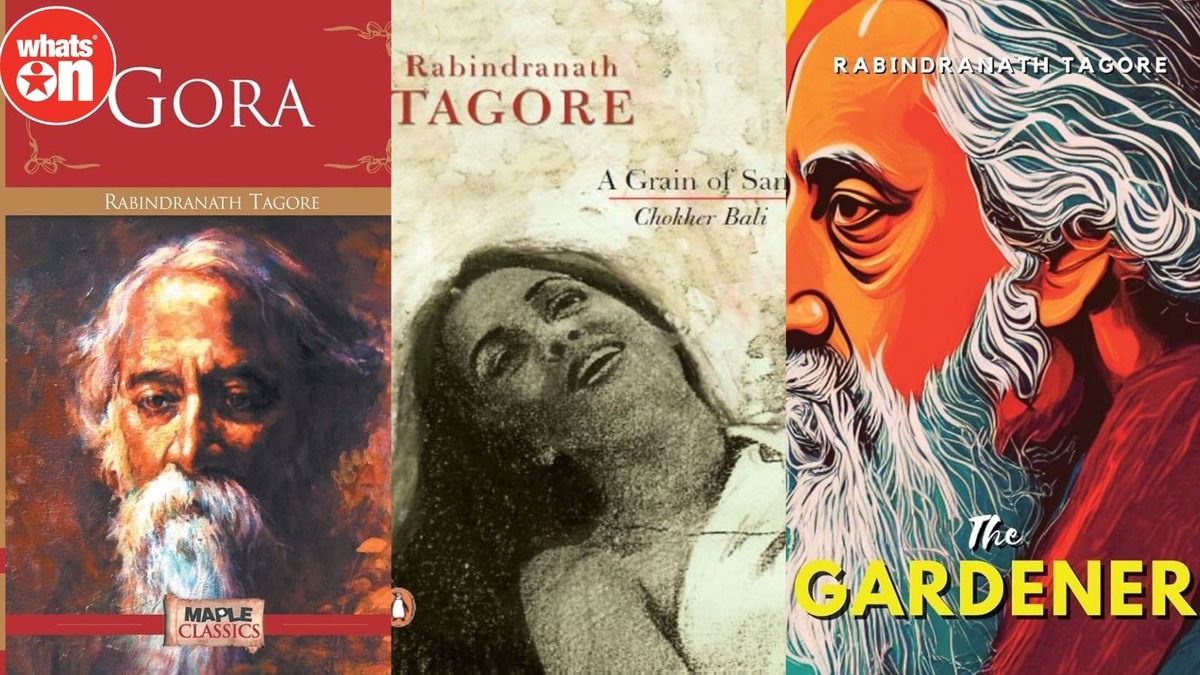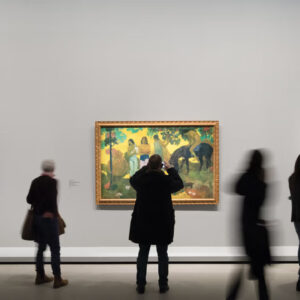Rabindranath Tagore, the legendary poet, philosopher, and first non-European Nobel laureate in Literature, left behind a treasure trove of literary masterpieces. On his birthday, immerse yourself in the brilliance ofRabindranath books, from the soul-stirring verses ofGitanjalito the revolutionary ideals ofThe Home and the World. Tagore’s works—whether poetry, novels, or essays—seamlessly weave philosophy, romance, and social critique, making them timeless classics. ThisWednesday Wisdomguide offers concise yet profound reviews of his7 best books, perfect for literature lovers and new readers alike. Discover whyRabindranath Tagore’s writingscontinue to captivate hearts worldwide, inspiring generations with their universal wisdom and lyrical beauty.
1. Song Offerings (Gitanjali)
Gitanjali, Tagore’s most celebrated work, earned him the1913 Nobel Prize in Literature. This collection of103 prose poemsexplores divine love, nature, and human spirituality with lyrical elegance. Translations by Tagore himself preserve its ethereal beauty, blending simplicity and depth. Lines like“Where the mind is without fear…”resonate universally, advocating freedom and enlightenment. A must-read for poetry lovers,Gitanjaliis a meditative journey that transcends time and culture.

2. The Home and the World (Ghare-Baire)
Apolitical and romantic masterpiece,The Home and the Worlddelves into India’s Swadeshi Movement through a turbulent love triangle. Nikhil, an enlightened landlord, his passionate wife Bimala, and the radical Sandip clash over ideals of nationalism, tradition, and personal freedom. Tagore critiques blind patriotism and gender roles, making the novel strikingly relevant. The English translation bySurendranath Tagorecaptures its emotional intensity and philosophical debates, offering a gripping narrative of love and ideology.

3. A Grain of Sand (Chokher Bali)
Tagore’s first major novel,Chokher Bali, is ascorching tale of love, betrayal, and societal hypocrisy. The young widow Binodini disrupts the lives of Mahendra and Asha, exposing repressed desires and marital fragility. Translated byRadha Chakravarty, the book’s psychological depth and bold themes—widow remarriage, female agency—were ahead of its time. Its intricate character arcs and emotional rawness make it a pioneering work in Indian literature.

4. The Post Office (Dak Ghar)
Aheartbreaking yet hopefulplay,The Post Officefollows Amal, a terminally ill boy confined to his home, who finds solace in imagining letters from the king. Tagore’s allegory of death as spiritual liberation moved evenW.B. Yeats. The English translation retains its poignant simplicity, making it a timeless read about innocence, longing, and transcendence.

5. Gora
Tagore’slongest and most complex novel,Gora, tackles identity, nationalism, and religious tolerance. The protagonist, an Irish orphan raised as a Hindu, grapples with his roots amid Bengal’s cultural upheaval. The translation byRadha Chakravartyhighlights its exploration of self-discovery and societal divides. With rich characterizations and philosophical dialogues,Goraremains a cornerstone of Tagore’s literary legacy.

6. The Last Poem (Shesher Kobita)
Alyrical, unconventional love story,Shesher Kobitafollows Amit and Labanya, who reject societal norms for poetic idealism. Tagore mocks romantic clichés while celebrating intellectual love. The translation byRadha Chakravartypreserves its playful wit and melodic prose, making it a favorite among modern readers for its anti-romantic yet profound take on relationships.

7. The Gardener (Malancha)
This collection oflove poemsblends earthly passion and spiritual yearning. The English version, translated by Tagore, mirrors the original’s delicate imagery and emotional spectrum—from playful flirtation to melancholic longing. Poems like“Who are you, reader, reading my poems a hundred years hence?”showcase his timeless appeal, makingThe Gardenera perfect introduction to Tagore’s poetic genius.

For more book reviews, visitWhatsOn.Guide













